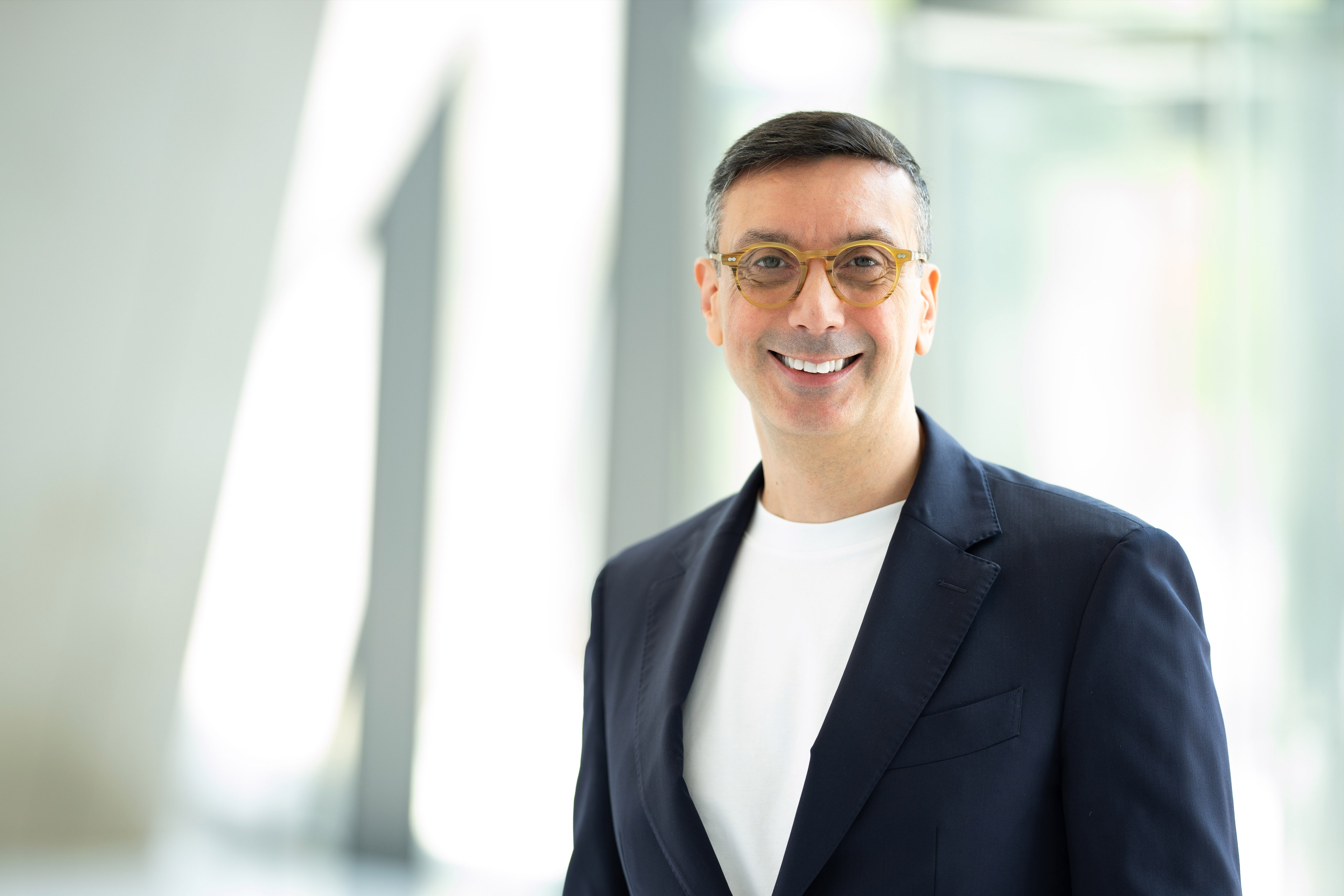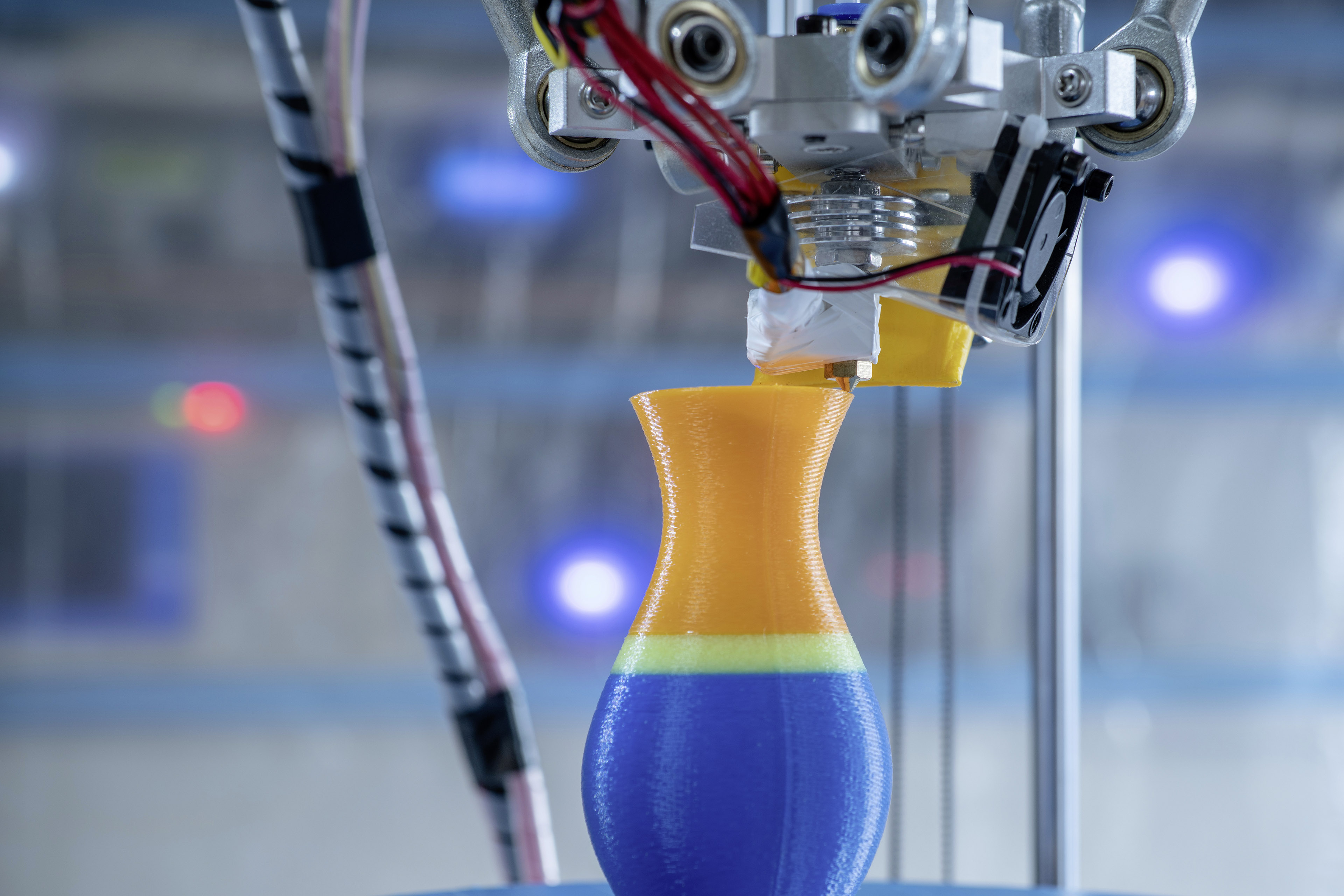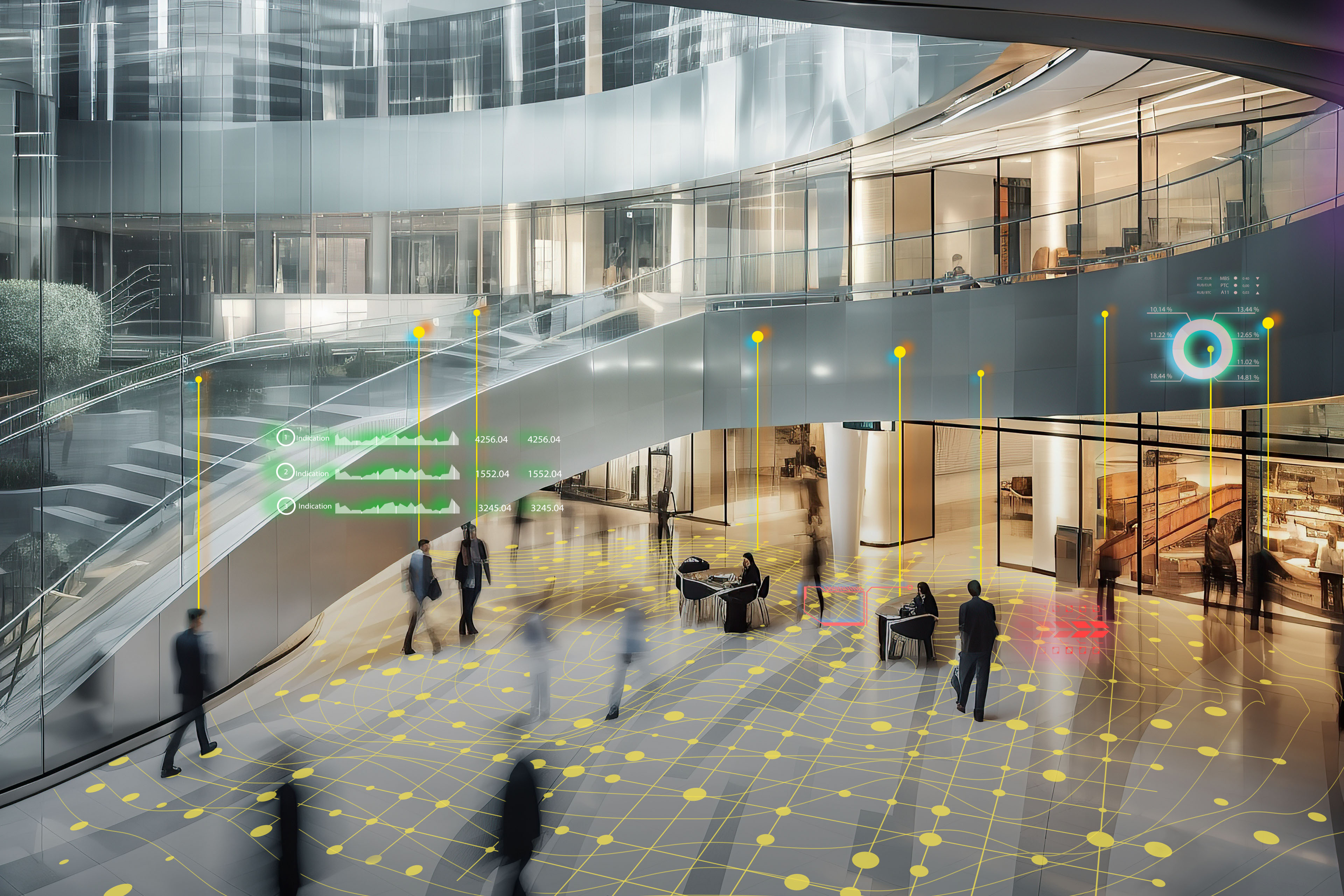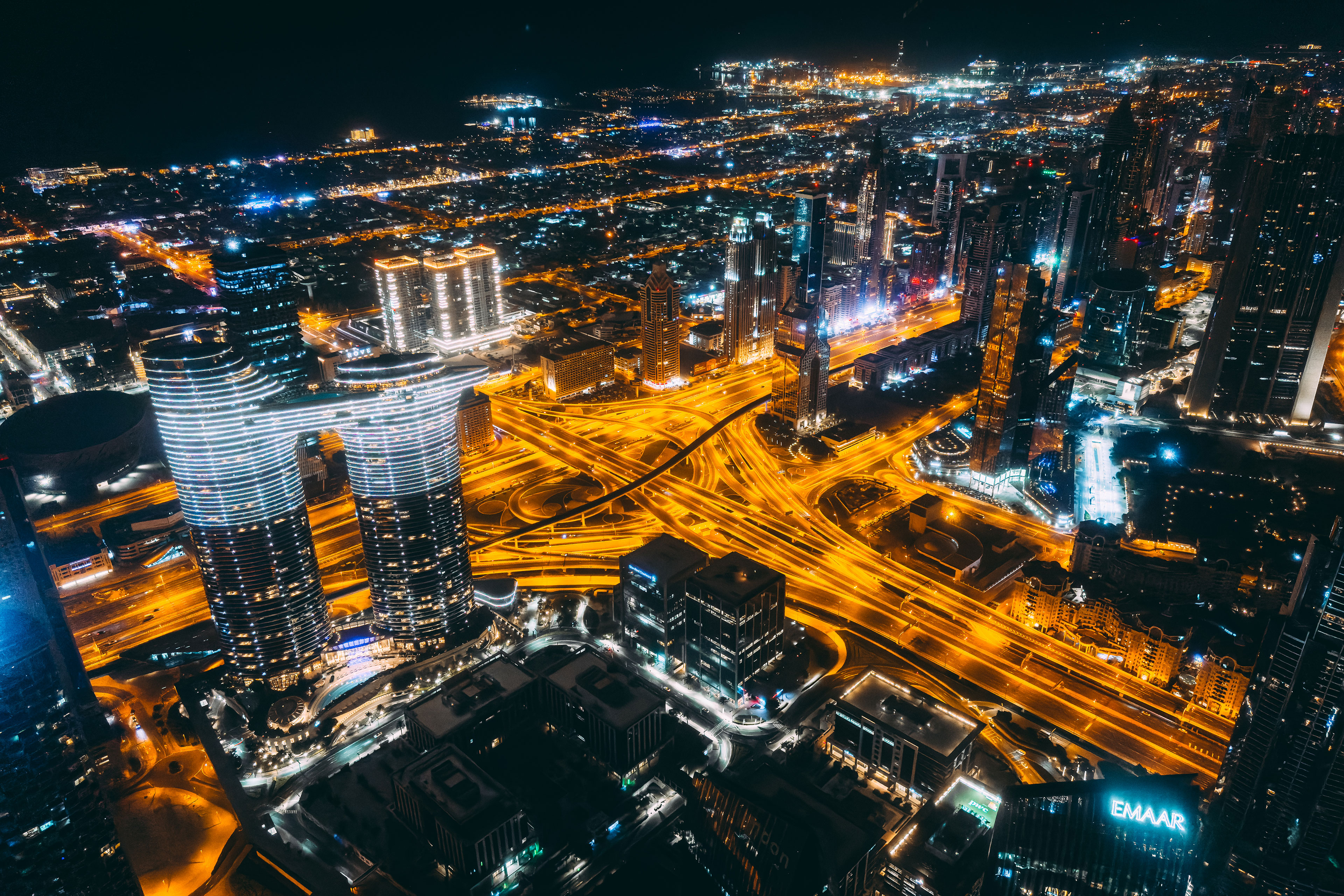EY refers to the Global organization, and may refer to one or more, of the member firms of Ernst & Young Global Limited, each of which is a separate legal entity. Ernst & Young Global Limited, a UK company limited by guarantee, does not provide services to clients.
How EY can help
-
Our Consulting approach to the adoption of AI and intelligent automation is human-centered, pragmatic, outcomes-focused and ethical.
Read more
After significant geopolitical and economic shifts, both in the Middle East and globally, confidence in the international economic order gradually withered and optimism faded. The contrast between the strength of some regions vs. others struggling with low growth cast doubt on free market economies. Driven by economic insecurity and the influence of social media, a wave of populism emerged, leading to an increase in movements focused on questioning the status quo.
Now in the mid-2020s, technology has advanced to such a point where it has the power to give us reasons for optimism once again. Technology has erased borders and sped up global connections. For example, people can now witness events as they unfold, compelling governments and news outlets to offer greater accountability and engage with global audiences more transparently. Citizens are actively engaging in real-time fact verification, turning everyday individuals into influential sources for news outlets to deliver accurate information and ensure accountability.
The pressure on governments to best leverage technology for economic prosperity in a manner that benefits the current population while preparing for new generations has been immense. The GCC states are successfully using industrial strategy to put themselves at the forefront of a range of sectors powered by advanced technology. As they build these sectors, the region is able to use them for the good of its citizens and greater humankind. Examples include:
- Space exploration as a tool for cooperation. As competition for access to space increases, the GCC countries have big aspirations. Sixteen years following the inaugural moon landing, the KSA marked a milestone in its space ambitions as King Salman's second son became the first Arab to embark on a six-month lunar mission, making history as the first Arab astronaut to conduct a spacewalk. Looking forward, the UAE, for example, aims to build the first settlement on Mars and has devoted US$800m to its National Space Fund. Despite geopolitical tensions on Earth, competing countries have a record of cooperating in space exploration. For instance, the International Space Station involves the space agencies of Canada, the European Union (EU), Japan, Russia and the US.
- AI to promote goodwill. The thoughtful application of AI offers immense promise for fostering goodwill on a broad scale, and the GCC has made significant investments in AI technology, including the development of their own AI models. AI is revolutionizing the field of health care, offering the potential to enhance medical treatments and even pave the way for curing diseases. The power of AI is being harnessed by countries such as the KSA and the UAE to not only advance their health care systems but also to innovate within their judicial processes, addressing and resolving a backlog of legal cases that have been stagnant for years.
- Smart and equitable infrastructure. The KSA is pioneering smart cities, harnessing digital tech to manage traditional networks and services more efficiently. Through ensuring equal access to services like public utilities and transport, smart city infrastructure promotes social inclusion and equity while fostering community cohesion. In some cities, early warning systems mitigate the risk of natural disasters that could lead to social unrest. Finally, smart meters and sensor technology ensure efficient and equitable use and of natural resources.
- Cybersecurity for harmony and stability. Hand in hand with plans to digitize their economies, and especially the public sector, GCC countries are all investing to increase cyber resilience and increase cybersecurity capacity. Cybersecurity tackles increasing data theft and espionage, reducing tensions between nations.
- Renewable energy for greater security. The GCC is investing heavily in renewable energy. For instance, in 2006 Abu Dhabi in the UAE set up one of the world’s biggest developers of wind farms and solar power. The KSA is advancing in renewable energy, with Riyadh's Princess Nora University hosting the world's largest solar water heater, powering hot water for 40,000 students. By 2025, the KSA aims to complete MENA's largest solar plant, supporting Vision 2030's target to have at least half of the country’s energy supply derived from renewables. Renewable energy reduces friction over fossil fuel reserves, while also bringing energy independence and security. What is more, if renewable energy can mitigate global warming it will ease competition for resources like food and water that will become scarcer in a warmer world.
Harmonious coexistence
It is a time of change in the GCC and the wider world. As the GCC region uses its oil wealth to diversify, it is perhaps best known for ownership of leading global sports brands. And even here, technology can encourage harmonious coexistence. International sport has long brought nations together in friendly rivalry but digital advancements such as live streaming allow people from different countries to enjoy shared experiences. Whether in sports, world movements or events, it is clear that using media to unite global communities has become standard practice, helping to build transparency and trust.
The potential for technology to boost economic productivity is widely discussed but there is less emphasis on its power for fostering unified regulatory standards and equality. If applied properly, innovative technologies today can help future-proof the challenges society is navigating today for a more peaceful tomorrow. The GCC region can use its emerging technological prowess for the greater good — perhaps even helping to bring a return to global optimism.







